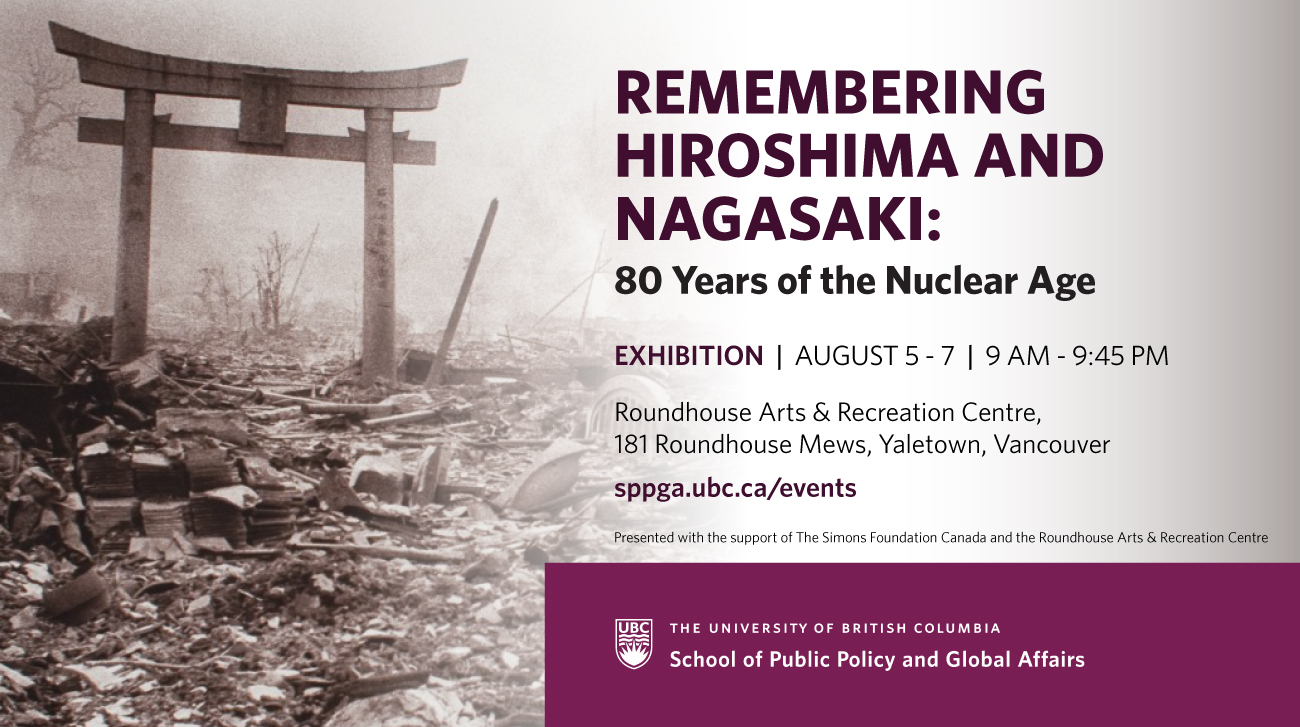About the Talk:
Relations between Tokyo and Seoul are now said to be the worst since diplomatic normalization in 1965. In recent weeks, the rift has spilt over into economic and security domains. Japan’s relations with China now appear improving, but their security and geopolitical interests still diverge. Twenty years ago, however, the Japan-South Korea relationship was at its best, triggered by the historic reconciliation between Prime Minster Keizo Obuchi and President Kim Dae-jung in October 1998. In January 2000, the Prime Minister’s Commission on Japan’s Goals in the 21st Century recommended Prime Minister Keizo Obuchi to prioritize “neighborly relations (rinko)” with China and South Korea.
During the past two decades, how have Japan’s neighbourly diplomacy gone through twists and turns? How can they be accounted for? What was the role and place of the United States in these shifting relations?
Speaker Bio:
Yoshihide SOEYA is Professor of political science and international relations at the Faculty of Law of Keio University. His areas of interest are politics and security in East Asia, and Japanese diplomacy and its external relations. His most recent publications in English include “The Rise of China in Asia: Japan at the Nexus,” in Asle Toje, ed., Will China’s Rise be Peaceful? Security, Stability, and Legitimacy (Oxford: Oxford University Press, 2018), and “The Case for an Alternative Strategy for Japan: Beyond the Article 9-Alliance Regime,” in Michael J. Green and Zack Cooper, eds., Postwar Japan: Growth, Security and Uncertainty since 1945 (Washington D.C.: CSIS, 2017). Dr. Soeya received Ph.D. from the University of Michigan in 1987, majoring in world politics.

